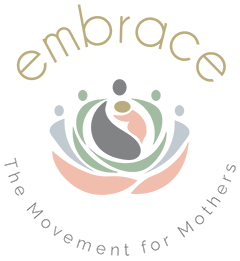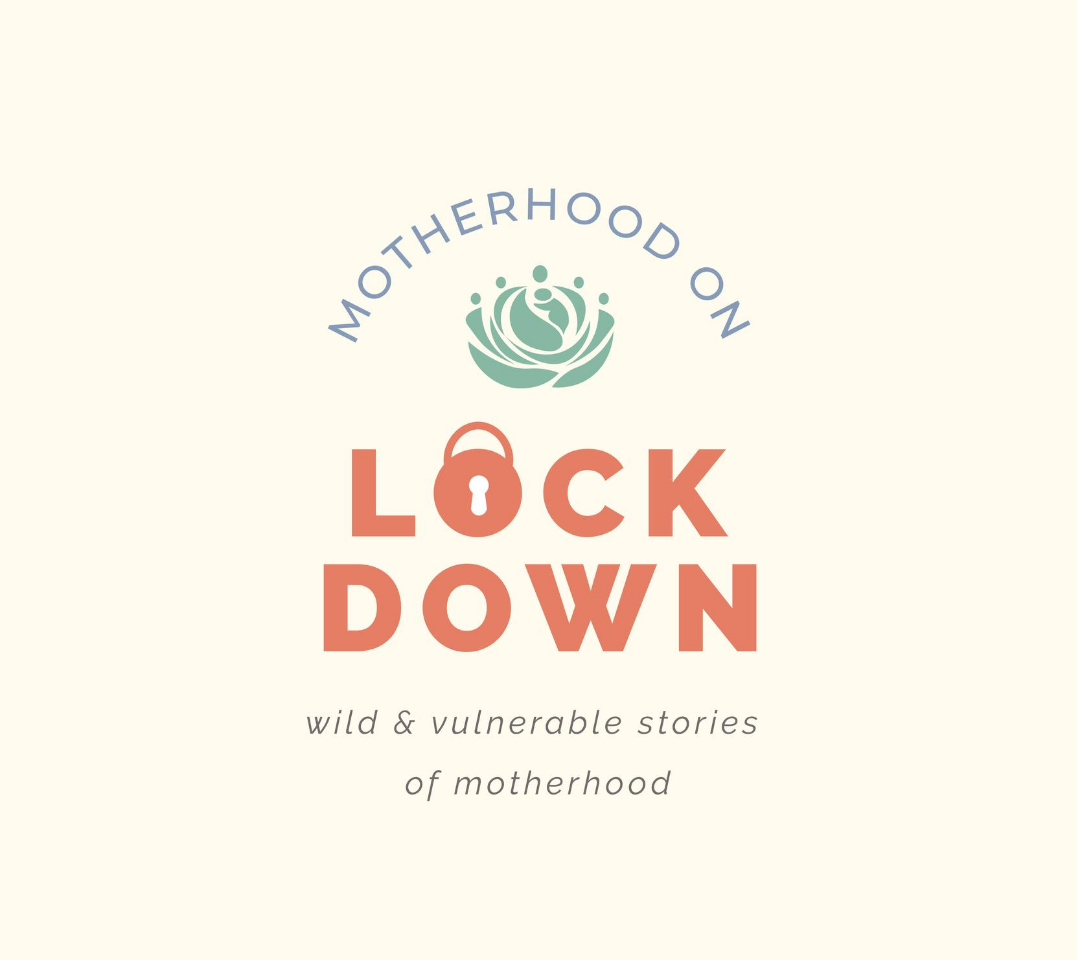It has been 128 days since President Ramaphosa placed South Africa on a national lockdown to flatten the curve of the coronavirus. At the time it was announced, few of us could have imagined that we would still be at home so many months later. The impact of this pandemic on mothers has been huge. We have felt the weight of fear as we’ve done our best to protect our families from infection. Many of us have experienced financial hardship as jobs have been lost and budgets have been wrung dry.
Then there are the ‘softer’ versions of fallout – the ones society is less likely to talk about – the mental fatigue of parenting in the middle of a global pandemic. The loss of social support from face-to-face engagement with friends, colleagues and one’s community. The fear of birthing alone due to COVID-19 restrictions and the new mother entering a different motherhood than she expected. The burden of working from home (or living at work, depending on how you look at it). The loss of identity amidst endless home chores, homeschooling and home cooking and and and…. The loss of ego as you ask for help to meet the basic needs of your family. The feeling of isolation in spite of barely having five seconds alone.
As a movement for mothers and with mothers, we know all of this because we are mothers. We continue to see mothers rising to support others in acts of charity and solidarity, from soup kitchens to care pack drives and so much more. All of this despite the fatigue and potential burnout many of us face. We see mothers model the true economic value of care work, with the broader society starting to realise just how much we really do all day.
Mothers are tired. Mothers are juggling but burnout is looming. We are not superwomen. We are exhausted. Our capes are our aprons, tugged the wrong way by the little hands that demand so much from us. We are experiencing a strange ti me. We’re well into pandemic life and we will not be going back. Moms are pioneering a way of life, a new normal in which we will continue doing our mothering work of guiding our families into this unfamiliar, new world. We’re well into pandemic life but we will not be going back. We will be entering a new normal and we will need to continue doing our mothering work of guiding our families into this strange, new world.
What have we learnt from this time? Who are we now? What does support look like? Where are we going?
August is Women’s Month, which under normal circumstances provides opportunities to foreground the state of women in our country and the temptation is to jump into spaces of service to each other. Embrace has a process – we always listen to mothers first, and the pandemic has greatly impacted our organization’s opportunities to listen and to engage first-hand. This isn’t necessarily bad, but the truth is our idea of what our community needs may be outdated.
Embrace had big and bold plans for 2020. We were going to host our fifth Mother’s Day Connect celebration. We were going to select a new cohort of Mamandla Fellows. We were going to strengthen our work with local community groups and host a series of Motherhood Story-telling nights around the country in an effort to build sisterhood solidarity. We have had to pause all of these events indefinitely. Mothers are still there and still in need of support – perhaps, even in spite of our public illusion of holding it all together, we need the support of other mothers now more than ever before.
So what are we proposing?
A month of rest, reflection and connection. We will be taking up space in Women’s Month, but we will not be rushing and doing. Over the years we’ve learnt the value of actively listening to mothers. From listening comes vulnerability, and from vulnerability comes powerful connection. We will be unearthing the hard stuff and the beautiful stuff. We will use the power of storytelling to build our community. We hope to discover what mothers want and need in this next stage so we can mobilise together and with integrity. We will stretch the limits of digital connection and brainstorm how we might stretch the circle even wider.
There are 31 days in August. Will you join us for this journey? You will not be asked to do anything. There will be stories to read, opportunities to share and listen. We will be inviting mothers and those supporting mothers into spaces of reflection. We will laugh. We may cry. We will come as we are. It might be a bit strange at first, perhaps a bit daunting, but we will do it together.
We will be covering four broad topics for engagement:
- The Moms aren’t alright – are we facing a mental health pandemic?
- The Balancing Act – illusions of the juggle of this new world
- Pregnant in the Pandemic – the pregnancy, birth and postpartum no one anticipated
- Love, Lust and Loneliness – relationships in the time of COVID-19.
We will tackle a topic per week, following a journey of discussion and checking in with one another. Each week will kick off on a Sunday where we’ll host our own version of a soul sister Sunday live chat, called ‘Mothering Sundays’. During the week, we’ll hear stories from mothers, create space for engagement, check in with experts and professionals and reflect on what we’ve learnt.
How can you help us?
- Follow Embrace on Insta and Facebook and share the campaign.
- Share your story, or connect us to mothers who would be good story-tellers (we’re wanting to make this as inclusive as possible and we would like to showcase a range of experiences).
- Commit to sharing the weekly calendars on social media.
- Engage! We want to hear from as many mothers as possible. Your engagement will help encourage others to follow suit.
For more information, or to find out how you can share a story with us, please email info@embrace.org.za.



